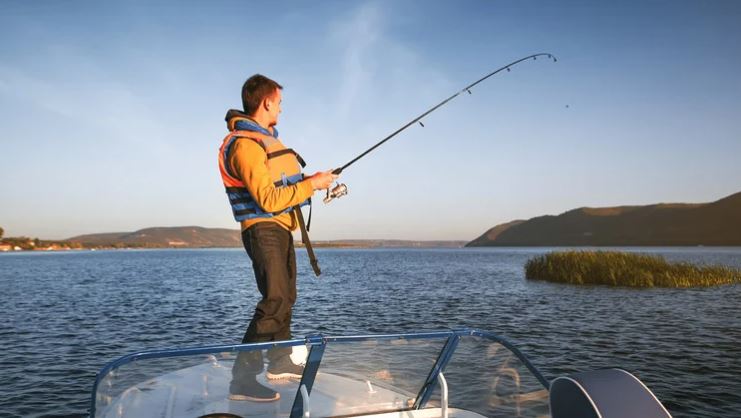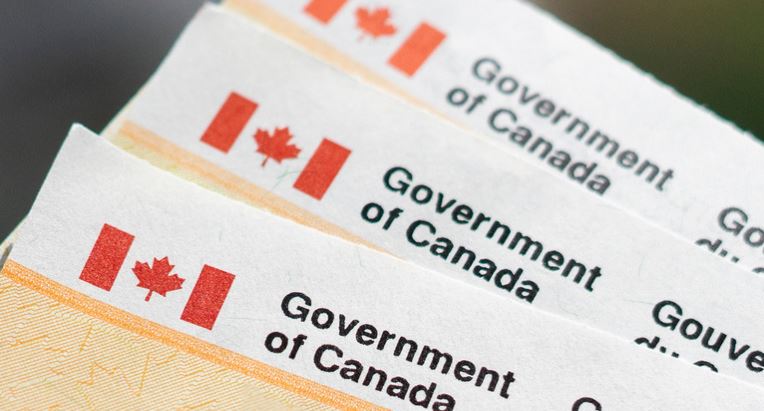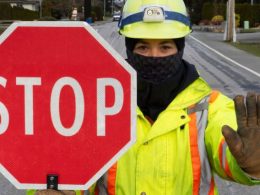Fishing is a beloved pastime in Canada, offering both recreational enjoyment and economic benefits.
However, strict regulations govern the activity to protect fish populations and maintain sustainable ecosystems. One of the most critical rules is obtaining a valid fishing license before casting a line.
Fishing without a license can result in severe fines and legal consequences, which vary by province and the type of violation.
The penalties can range from minor fines to criminal charges, equipment confiscation, and even fishing license suspensions.
This guide explores fines for fishing without a license in Canada, covering provincial penalties, legal consequences, enforcement methods, and ways to avoid violations.
Whether you’re a seasoned angler or a first-time fisher, understanding the rules can help you stay compliant and avoid hefty fines.
What Are the Fishing License Regulations in Canada?
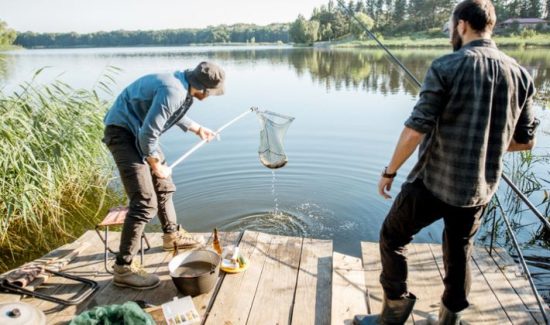
Canada’s federal and provincial laws regulate fishing to protect fish populations, promote conservation, and manage fisheries sustainably.
Why Is a Fishing License Required?
A fishing license serves several key purposes:
- Ensuring sustainable fish populations
- Preventing overfishing
- Protecting endangered species
- Supporting conservation programs
- Generating funds for fisheries management
Whether you are fishing in freshwater or saltwater, you must obtain the appropriate license based on the location and type of fishing.
Types of Fishing Licenses in Canada
Fishing licenses in Canada vary based on fishing purpose, residency, and species type.
- Recreational Fishing License: For non-commercial, personal-use fishing
- Commercial Fishing License: Required for fishing operations intending to sell or trade fish
- Indigenous Fishing Rights: Special exemptions apply to Indigenous communities under treaty agreements
Fishing License Fees
The cost of a fishing license varies by province, residency status, and type of fish targeted. Some provinces also offer free fishing weekends where residents can fish without a license for a limited time.
Failing to carry a valid fishing license can result in hefty fines and penalties.
What Are the Fines for Fishing Without a License?
Fishing without a license is a punishable offense under provincial and federal fishing laws. Fines and penalties vary depending on:
- The province where the violation occurs
- Whether the offender is a first-time or repeat violator
- The type of fish caught
- Whether illegal fishing methods were used
General Fine Structure (2025 Update)
| Violation | Penalty |
| First-time offense | Starts at $200 |
| Repeat offenses | Can reach $1,000 or more |
| Serious violations | Up to $100,000 in court-imposed fines |
Additional Penalties
Aside from monetary fines, offenders may face:
- Confiscation of fishing gear (rods, nets, boats)
- Seizure of illegally caught fish
- Suspension of fishing privileges
- Potential criminal charges for repeat or extreme violations
Fishing authorities take unlicensed fishing violations seriously to protect aquatic ecosystems and prevent overfishing.
How Much Are the Fines for Fishing Without a License in Different Provinces?
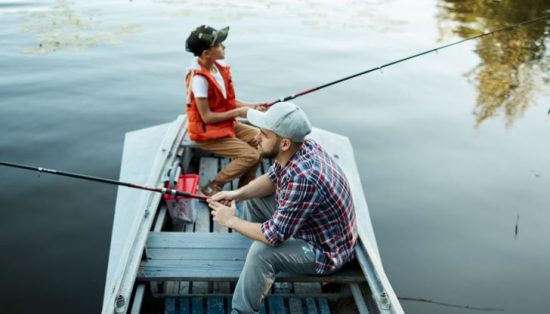
Fishing fines vary by province. Below is a breakdown of fines for fishing without a license across Canada.
| Province | Fine for Fishing Without a License | Additional Penalties |
| Ontario | $200 | Seizure of fish, additional fines for other violations |
| British Columbia (B.C.) | Up to $1,000 | Confiscation of equipment, license suspension |
| Alberta | $250 | Possible court-imposed fines |
| Quebec | $400+ | Increased fines for endangered species violations |
| Manitoba | $203 | Additional fines for using illegal gear |
Each province may have special exemptions such as free fishing days or reduced fees for seniors and Indigenous communities.
What Are the Legal Consequences of Fishing Without a Permit?
Fishing without a license can lead to severe legal repercussions, including criminal charges.
Legal Penalties for Unlicensed Fishing
- Ticketed fines for minor violations
- Court hearings for serious offenses
- Permanent fishing bans for repeat violators
- Confiscation of fishing equipment
Can You Get a Criminal Record for Illegal Fishing?
Yes, repeat offenders or those involved in poaching endangered species can be criminally charged under the Fisheries Act.
If convicted, penalties may include:
- Fines up to $100,000
- Potential jail time
- Lifetime fishing bans
Avoiding these consequences is simple: Always carry a valid fishing license and follow regulations.
Unlawful Fishing: What You Need to Know
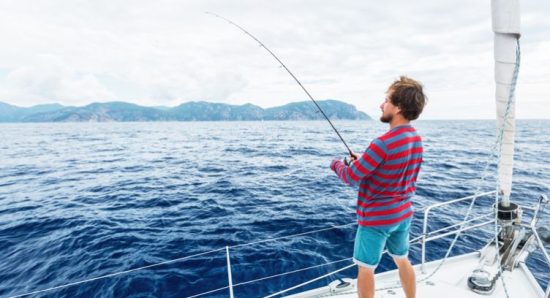
Before You Fish
It is illegal to:
- Fish for salmon or shellfish without a valid license
- Catch and keep salmon without a Salmon Conservation Stamp
During Fishing
Illegal actions include:
- Fishing in Rockfish Conservation Areas (RCA)
- Trapping fish in spawning grounds
- Using barbed hooks for salmon in tidal waters
- Catching species protected under the Species at Risk Act
After Fishing
It is illegal to:
- Sell, barter, or trade recreationally caught fish
- Transport fish without proper packaging
Violators may face fines, confiscation of gear, and license suspension.
How Can You Appeal a Fishing Fine or Penalty in Canada?
If you believe you were wrongly fined, you have the right to appeal.
Steps to Appeal a Fishing Fine
- Request a Review: Contact the provincial authority that issued the fine for a review.
- Gather Evidence: Obtain proof of a valid fishing license or documentation supporting an exemption.
- File an Appeal in Court: If the fine is upheld, you can contest it in provincial court.
- Hire a Fishing Lawyer: Legal representation can increase the chances of fine reduction or dismissal.
Appealing a fine can be complex, but valid evidence can help overturn an unfair ticket.
Can You Get a Criminal Record for Illegal Fishing in Canada?
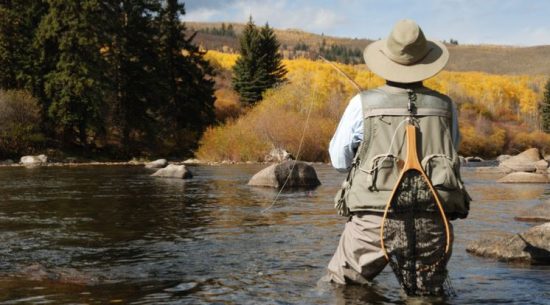
Fishing without a license in Canada is typically considered a provincial offense and is subject to fines or administrative penalties. However, in severe cases, illegal fishing can lead to criminal charges under the Fisheries Act or provincial conservation laws.
When Can Illegal Fishing Lead to a Criminal Record?
- Repeat Offenses: If an individual repeatedly violates fishing laws, the offense may escalate from a simple fine to a criminal charge.
- Fishing Endangered or Protected Species: Catching, harming, or keeping a species listed under the Species at Risk Act can lead to severe legal consequences.
- Illegal Commercial Fishing or Poaching: Fishing with the intent to sell or trade fish without a valid commercial license is considered a serious offense.
- Fishing with Banned Gear or Methods: Using prohibited fishing methods such as explosives, toxic substances, or spearfishing for protected species can result in a criminal conviction.
How to Avoid a Criminal Record for Illegal Fishing?
- Always carry a valid fishing license when fishing.
- Follow catch limits and species restrictions in your province.
- Use legal fishing methods (no barbed hooks, explosives, or illegal traps).
- Immediately release any protected species if caught accidentally.
By adhering to regulations, anglers can avoid legal trouble while helping to protect Canada’s fisheries and aquatic ecosystems.
Are There Different Fines for Recreational and Commercial Fishing Violations?
Yes. The penalties for illegal recreational fishing are significantly lower than those for commercial fishing violations.
Recreational Fishing Fines
Recreational fishing violations usually involve fishing without a license, exceeding catch limits, or using illegal gear.
- Fines range from $200 to $1,000 depending on the province and severity of the violation.
- Additional penalties may include:
- Confiscation of fishing equipment
- Suspension of fishing privileges
- Increased fines for repeat offenses
Example: In Ontario, fishing without a license results in a $200 fine, while using more than the allowed limit of hooks could lead to additional penalties.
Commercial Fishing Fines
Illegal commercial fishing is treated far more seriously due to its potential impact on fish populations and conservation efforts.
- Fines can exceed $50,000, depending on the nature of the violation.
- Penalties may also include:
- Loss of commercial fishing licenses
- Seizure of boats, fishing gear, and illegally caught fish
- Possible criminal charges for large-scale poaching or unauthorized sales
Example: A commercial fisher caught selling fish without a license in British Columbia could face a fine of up to $100,000 and potential license suspension.
Key Differences Between Recreational and Commercial Fishing Fines
| Violation Type | Recreational Fishing | Commercial Fishing |
| Fishing without a license | $200 – $1,000 fine | $10,000 – $50,000 fine |
| Exceeding catch limits | Gear confiscation, fines | License suspension, higher fines |
| Poaching protected species | Potential criminal charge | Severe fines, possible jail time |
| Selling illegally caught fish | Not applicable | Heavy fines, permanent bans |
To avoid these penalties, both recreational and commercial fishers must obtain proper licenses, follow catch limits, and comply with all fishing regulations.
How Do Law Enforcement Officers Enforce Fishing License Violations?
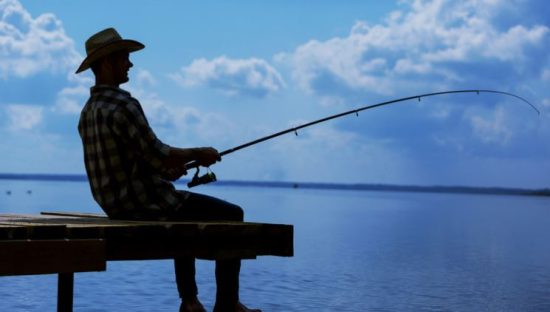
In Canada, conservation officers and fisheries enforcement officials actively monitor fishing activities to ensure compliance with the law.
Methods of Enforcement
- Random Fishing Spot Checks: Officers conduct routine patrols at fishing locations, checking for valid licenses and legal catches.
- Undercover Operations: In cases of suspected illegal fishing, enforcement officers may pose as anglers to catch offenders.
- License and Catch Verification: Anglers must provide a valid fishing license and ensure their catch complies with provincial catch limits.
- Seizure of Illegal Equipment: If an angler is caught using banned fishing gear or exceeding limits, their equipment may be confiscated.
What Happens If You Are Caught Fishing Without a License?
- If it’s a first-time offense, officers may issue a fine of $200 – $1,000.
- Repeat or severe violations may result in a court summons, confiscation of fishing gear, or higher penalties.
To avoid fines and enforcement actions, always carry your fishing license and follow local regulations.
What Are the Common Defenses Against Fishing Without a License Charges?
If you receive a ticket for fishing without a license, you have the right to challenge it.
Possible Defenses:
- Valid License Proof: If you forgot your license at home, you may be able to prove later that you had a valid one at the time of fishing.
- Exemption Claim: Some provinces offer free fishing days where a license is not required.
- Errors in the Fine: Clerical mistakes, incorrect location, or misidentification may make the fine invalid.
- Unclear Regulations: If a regulation was miscommunicated or poorly defined, you may contest the fine.
To improve your chances of dismissal, consult a fishing lawyer or request a court hearing.
What Steps Should You Take to Avoid Fishing Penalties?
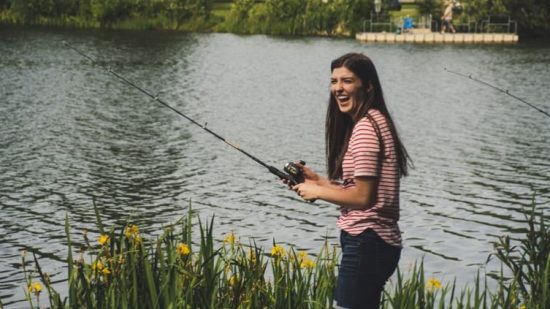
To prevent fines and legal trouble:
- Always carry a valid fishing license while fishing.
- Follow catch limits and fishing regulations in your province.
- Use legal fishing gear and methods (no illegal hooks or traps).
- Respect conservation areas and avoid restricted fishing zones.
By staying informed and compliant, anglers can enjoy fishing without the risk of penalties.
Conclusion
Fishing in Canada is a cherished pastime, but it comes with legal responsibilities. Each province has specific rules, and enforcement officers actively monitor compliance to protect fish populations and ensure sustainability.
To avoid penalties, always obtain the correct fishing license, follow catch limits, and use legal fishing methods. Understanding and respecting these regulations not only helps preserve Canada’s aquatic ecosystems but also ensures a stress-free fishing experience.
By staying informed and compliant, you can enjoy fishing legally while contributing to conservation efforts for future generations.
FAQs
Can I fish without a license in Canada during free fishing weekends?
Yes, some provinces allow free fishing days, but restrictions still apply.
What happens if I lose my fishing license while fishing?
You may be fined unless you can provide proof of purchase.
Are fishing fines different for residents and non-residents?
Yes, non-residents often pay higher fines.
What should I do if I accidentally catch a restricted species?
Release it immediately with minimal harm.
Can minors fish without a license?
Yes, but rules vary by province.




